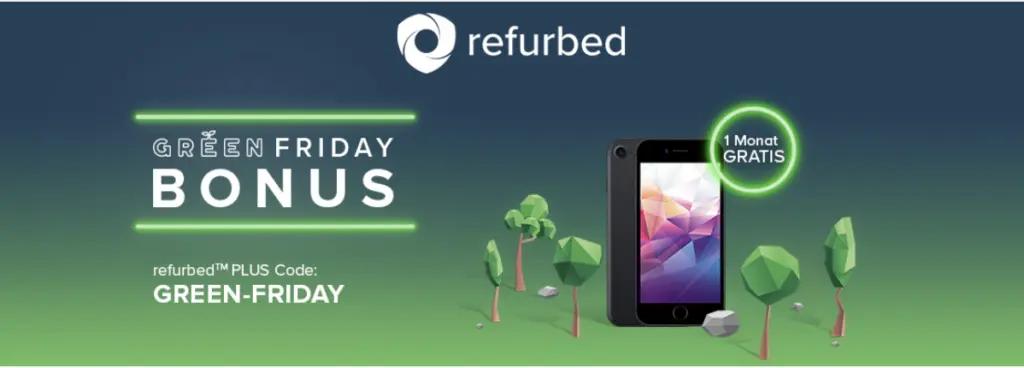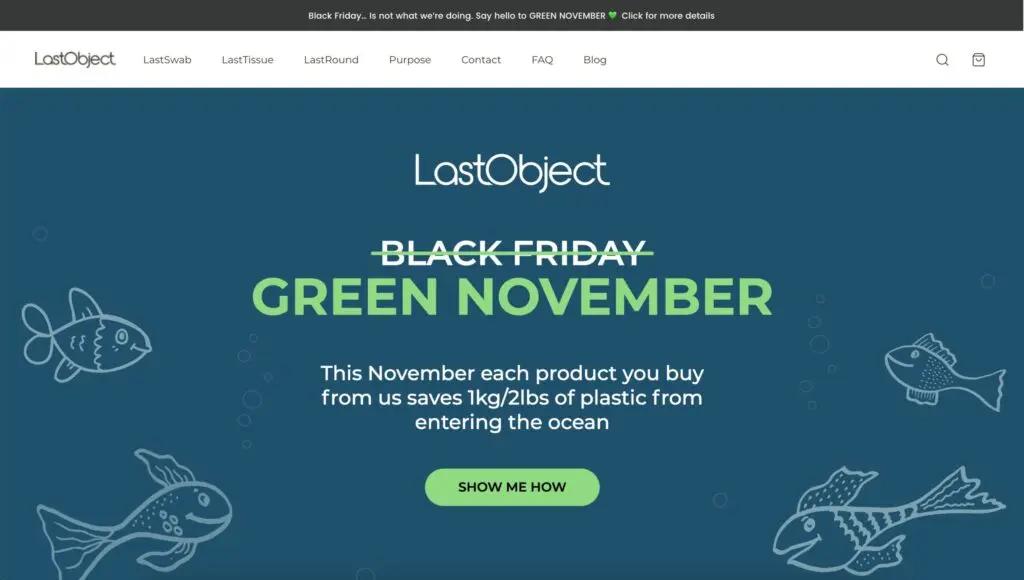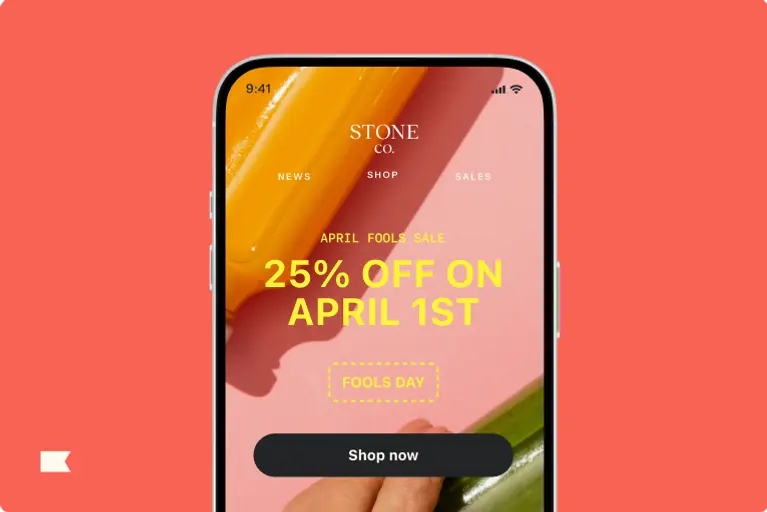Popular across the globe, Black Friday sales hardly need an introduction.
But you may be surprised to learn that businesses in Germany can face the threat of lawsuits for using the term “Black Friday” in their sales and marketing.
Why? One word: trademarks.
The Black Friday trademark in Germany
Hong Kong-based media and IP holding company Super Union Holdings Ltd., trademarked the phrase “Black Friday” in Germany in December.
Over the years, Super Union Holdings Ltd. had the power to send warning letters to any businesses promoting Black Friday sales or marketing promotions within Germany and ask them to ask them to stop.
In November 2017, Simon Gall, the owner of the website Black-Friday.de, contested the Black Friday trademark and won. In April 2018, the trademark was revoked and businesses were once again free to promote their Black Friday offers in Germany.
Shortly afterward, Super Union Holdings appealed this decision—starting an ongoing legal battle within Germany, which still hasn’t been resolved.
Should I be concerned about the Black Friday trademark?
What follows isn’t legal advice, but rather information to be aware of. For specific advice on how these matters may impact your business, consult your legal counsel.
Super Union Holdings can still try to take legal action against businesses using the term “Black Friday” in Germany, as they’re still technically the trademark owners of the term.
Eva-Maria Strobel, a Zurich-based partner at Baker McKenzie, explains: “If you plan advertising campaigns in Germany and/or targeting German consumers on your foreign websites, you should certainly be aware that there is still a risk that the owner of the Black Friday trademark might claim rights in the not yet canceled German trademark Black Friday, and send a demand letter. In view of the (not yet final) decision of the German Patent and Trademark Office (DPMA), this risk is lower than it was in former years, but it still exists.”
If you plan advertising campaigns in Germany and/or targeting German consumers on your foreign websites, you should certainly be aware that there is still a risk that the owner of the Black Friday trademark might claim rights in the not yet canceled German trademark Black Friday, and send a demand letter.Eva-Maria Strobel, partner, Baker McKenzie
But here’s why you don’t necessarily need to panic:
Bird & Bird, an international intellectual property group, says: “It is possible that retailers using the term ‘Black Friday’ in Germany could still receive warning letters from Super Union Holdings Limited. However, such retailers would have good arguments in their defense as the European Union Intellectual Property Office (EUIPO) has rejected applications for the mark ‘Black Friday’ which do not have other distinctive elements. It could help to reduce the risks of infringement further if retailers avoid using the term ‘Black Friday’ on its own and instead use it as a reference to the known event (e.g., ‘Our offers on Black Friday’).”
It could help to reduce the risks of infringement further if retailers avoid using the term ‘Black Friday’ on its own and instead use it as a reference to the known event (e.g., ‘Our offers on Black Friday’).Bird & Bird
Alternative campaigns for your Black Friday sale in Germany
If you and your legal counsel think it would be a good idea to use different wording for your Black Friday promotions in Germany, here are a few alternative approaches that other businesses have used:
1. Branded sales days
Is there a fun or unique play on words that you could try that makes sense for your brand and products? One of the best things about ecommerce and digital marketing is that you don’t have to follow what everyone else does.
Black Friday has become so well-known across the Western world that any sales promotion you run during the same week would likely be recognized by your customers as a Black Friday sale—even if you call it something else.
Example: PURELEI
Last year, PURELEI, a Hawaiian-inspired jewelry brand based in Mannheim, Germany, changed their Black Friday promotions to avoid infringing on the trademark, settling on the phrases “Golden Friday,” “Golden Week,” and “Golden November.”
This play on words makes perfect sense for their jewelry brand. Their customers also recognize it as a proxy for Black Friday, and it’s something they can look forward to every November.
PURELEI can also be confident that their Golden Friday-branded promotions will stand out in a sea of Black Friday emails—without infringing on any trademarks.
Example: Waterdrop
Waterdrop® is also based in Germany and has hosted branded sales days in the past. Their products, which include fruit infusions for water and reusable water bottles, are designed to help customers drink more water.
During a previous Black Friday, Waterdrop hosted an event that they dubbed “Waterdrop Days,” where customers could buy limited edition products at discounted prices—just like they would during a standard Black Friday event.
The brand also offered free shipping on all orders made during that week where customers could grab bonus loyalty points—and a free limited edition water bottle worth €50.
2. Giving Friday
Companies that make charitable donations during the holiday season can use the term “Giving Friday” in their promotions.
Example: dm-drogerie markt
Last year, dm-drogerie markt, a chain of cosmetics shops and drugstores headquartered in Karlsruhe, Germany donated 5% of its total revenue to good causes for every order they received during its Giving Friday event.
To help drive even more sales and donations, dm-drogerie promoted their event across social media using the hashtag #givingisthenewblack.
You could also take inspiration from businesses in the US who promote “Giving Tuesday” events once their Thanksgiving festivities have finished.
Example: Sevenly
Sevenly, a lifestyle product line, donates $7 from every purchase during the holidays, focusing on a different charity and nonprofit organization every week.
A Giving Tuesday event makes a lot of sense for Sevenly’s brand, which aims to create “merchandise to inspire people to share their stories of a better world.”
3. Green Friday
If your brand is eco-friendly, consider promoting a “Green Friday,” “Green Week,” or even a “Green November” initiative. The concept of Green Friday isn’t new, but it’s gained momentum in recent years, with retailers of all sizes across the globe supporting environmental causes.
Example: Refurbed
Refurbed offers refurbished technology, like smartphones, computers, and tablets.

Last year, they hosted a Green Friday event, offering as much as 40% off their products. And if customers placed their orders by a certain date, they would also receive a free month of insurance.
A Green Friday promotion makes sense for Refurbed—and their customers are more likely to respond favorably to an eco-friendly promotion when it lands in their inbox.
Example: LastObject
LastObject, creators of the world’s first reusable cotton swabs, are an example of a brand using a “green” campaign to reinforce why their product resonates with environmentally conscious consumers. Last year, they promoted Green November in collaboration with Plastic Bank® across all their sales channels, including B2B.

For every LastObject product sold during November, their Denmark-based team has pledged to prevent 1 kg of ocean-bound plastic from entering waterways in vulnerable coastal communities, with the ultimate goal of preventing as much as 10,000 kgs of plastic from entering the oceans.
The co-founder of LastObject, Nicolas Aagaard, explained, “Black Friday can cause a lot of consumers to buy items they don’t need because of the attractiveness of the discounts. Our mission is to end the need for single-use items, but this problem stems from overconsumption. Our mission with GREEN FRIDAY is, as much as possible, to remove the negative impact created by Black Friday.”
4. Cyber Weekend
Although most consumers in Europe say they plan to do their shopping on Black Friday, 6% said that they also plan to shop through the weekend and on Cyber Monday.
The trend of promoting holiday sales has been growing in Europe for a while. As early as 2010, Amazon advertised Cyber Monday deals in Germany. In 2014, this was upgraded to Cyber Monday Week, with 8 days of sales starting on the Monday before Thanksgiving.
This year, Amazon began its Black Friday sales in October, showing that the holiday isn’t confined to a specific day—or even a specific month.

Amazon is even using Black Friday on its German website—a possible sign that they’re not too concerned with the ongoing litigation of the trademark
Planning your own Black Friday campaign in Germany
With the litigation over the Black Friday trademark in Germany, you may be reconsidering how to approach promoting your seasonal sales in Europe. Our advice? Just be sure to consult with your legal team so that you can have a happy—and lawsuit-free—holiday season.
Prepare for BFCM with the CRM built for B2C
Get started with Klaviyo


